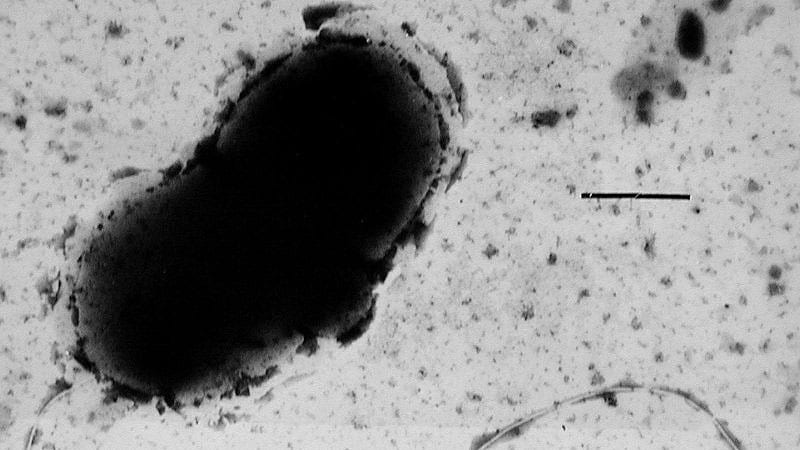Northerner
Admin (Retired)
- Relationship to Diabetes
- Type 1
A common gut bacteria may play a role in the development of Parkinson's disease (PD) by causing aggregation of the alpha-synuclein protein, a key feature in the pathology of PD, a small study suggests.
Environmental factors as well as genetics are also suspected to play a role in PD etiology, although the exact cause remains unknown.
"Our findings indicate that specific strains of Desulfovibrio bacteria are likely to cause Parkinson's disease," study investigator Per Erik Saris, PhD, from the University of Helsinki, Finland, says in a news release.
The study was published online online May 1 in Frontiers in Cellular and Infection Microbiology.

Environmental factors as well as genetics are also suspected to play a role in PD etiology, although the exact cause remains unknown.
"Our findings indicate that specific strains of Desulfovibrio bacteria are likely to cause Parkinson's disease," study investigator Per Erik Saris, PhD, from the University of Helsinki, Finland, says in a news release.
The study was published online online May 1 in Frontiers in Cellular and Infection Microbiology.

Common Gut Bacteria Linked to Parkinson's Disease
Desulfovibrio, a common gut bacteria, may play a role in the development of Parkinson's disease by causing aggregation of the alpha-synuclein protein.
www.medscape.com
